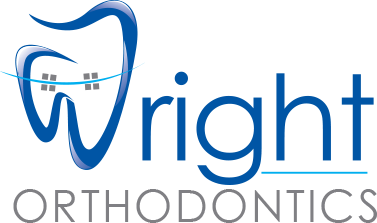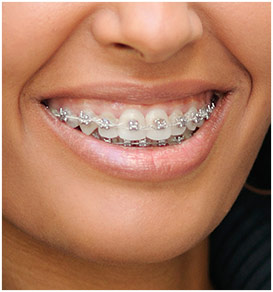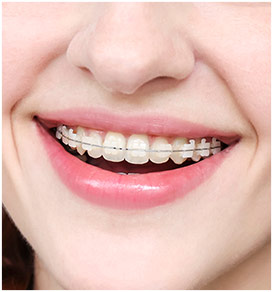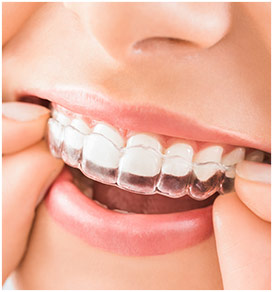![]() Zoom!® is a bleaching process that is widely used to lighten discoloration of enamel and dentin. Tooth discoloration can have many causes – aging, smoking, or drinking dark liquids like red wine, coffee, tea and cola.
Zoom!® is a bleaching process that is widely used to lighten discoloration of enamel and dentin. Tooth discoloration can have many causes – aging, smoking, or drinking dark liquids like red wine, coffee, tea and cola.
Before the Zoom!® teeth whitening procedure, an anti-sensitivity toothpaste can be used to help reduce sensitivity from the treatment.
The entire whitening procedure only takes about an hour or less. Immediately after the procedure, a sensitivity-reducing fluoride paste-gel is applied to the teeth to help reduce sensitivity.
Tooth Whitening and Sensitivity
Your teeth are covered in tiny, microscopic pores called tubules. The Zoom!® tooth whitening treatment opens these pores so the whitening agent can penetrate deep into the teeth. After a treatment, it is not unusual for sensitivity to occur for a couple of days. Since these pores were opened, anything that you expose your teeth to may irritate them and cause some pain – food, drinks or even just your breath may cause some sensitivity. While some people won’t notice anything out of the ordinary, others will have more sensitivity. Here’s what you can do to manage the discomfort:
- Take an over-the-counter pain reliever like ibuprofen for a couple of days
- Try breathing through your nose, not your mouth
- Drink from a straw
- Avoid any extreme hot or cold foods and beverages
- Use an anti-sensitivity toothpaste
- Use a fluoride rinse to reduce sensitivity
Patients with Sensitive Teeth
Before deciding whether the Zoom!® teeth whitening treatment is right for you, your dentist will conduct a comprehensive examination of your teeth and gums to ensure proper health. Your dentist will also discuss your oral hygiene and lifestyle habits to determine if you will benefit from Zoom!® teeth whitening.
If you’ve been thinking about Zoom!® Teeth Whitening, but you’ve got sensitive teeth, you may want to discuss it with your dentist. While the process is successful in at least 90 percent of patients, if you have very sensitive teeth, periodontal disease or teeth with worn enamel, this process may not be right for you.
To learn more about Zoom!® whitening, contact us for more information or to schedule a consultation. Wright Orthodontics has two convenient locations to serve you in Atlanta and Marietta, Georgia. As always, your initial consultation at Wright Orthodontics is offered free of charge with no hidden fees.
